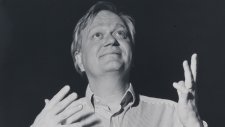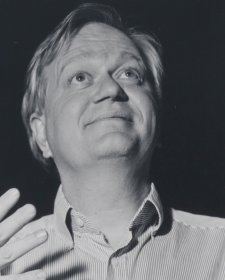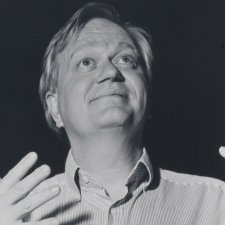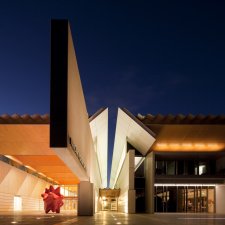My father, doing his PhD, took a lot of time taking care of me. And then I went to the lab with him while he was doing his work on rainbow trout and other fish. And I could see the passion and the love that my father had for science. And so from the age of about three, I knew I wanted to do science, it was always part of my life.
In 1998, we said, ‘Here's our results. Ooh, it's not what we expected.’ The universe was expanding slower in the past and had sped up.
Well, when you win a Nobel Prize, it's not like you know what's going to happen. You know, in my case, I got a call at 8:39pm on the fourth of October 2011. I was in the kitchen helping make dinner. I said, ‘I don't know what this is’, I was thinking, it might have been a practical joke by one of my students. Anyway, the academy got on, told me I’d won it and they said, ‘We're announcing it in six minutes.’ Then, you know, all hell breaks loose. Suddenly, I get to meet the prime minister the next day, end up with at a state dinner with Barack Obama, end up in the Oval Office on the way to Stockholm, you get to meet the king. And I think it's important to realise it's a celebration, not of individuals, though we tend to focus on that, but it's actually a celebration of science. And it's very important, I think, that we do get to celebrate all of these things that contribute to the world that we live [in] today, for better and sometimes worse, but mainly for better. Because you can't just take it for granted it's going to keep happening. It requires hard work, it requires dedication, requires persistence, and it requires a realisation it doesn't just happen on its own.
But if you are someone who loves to tinker around and understand things, then it's a great job. Why? Because you get to do what you love, you get to use some of the best equipment in the world, meet some of the most interesting people in the world, some of the smartest people. And you have this amazingly open-ended creativity. And indeed, if you're not creative, you're not going to survive as a scientist.













